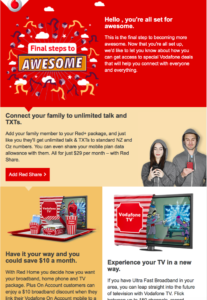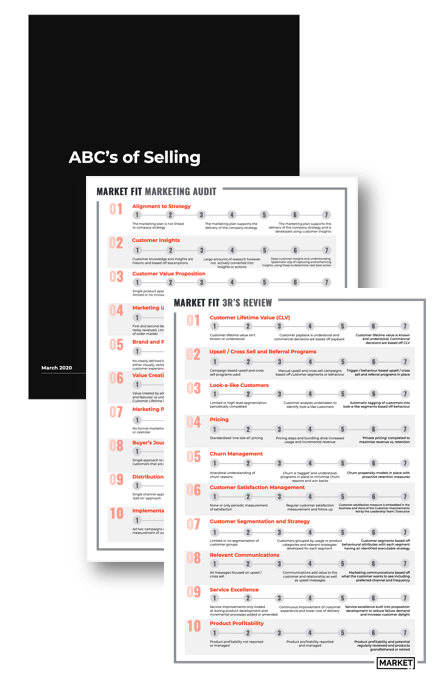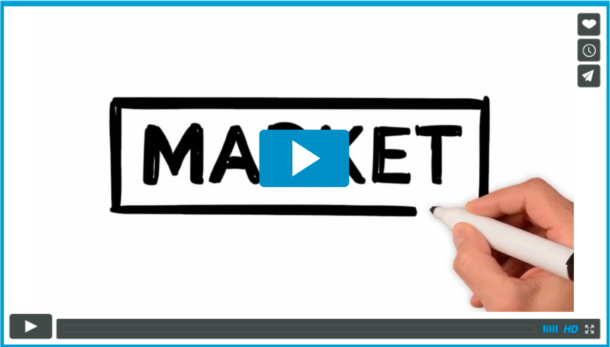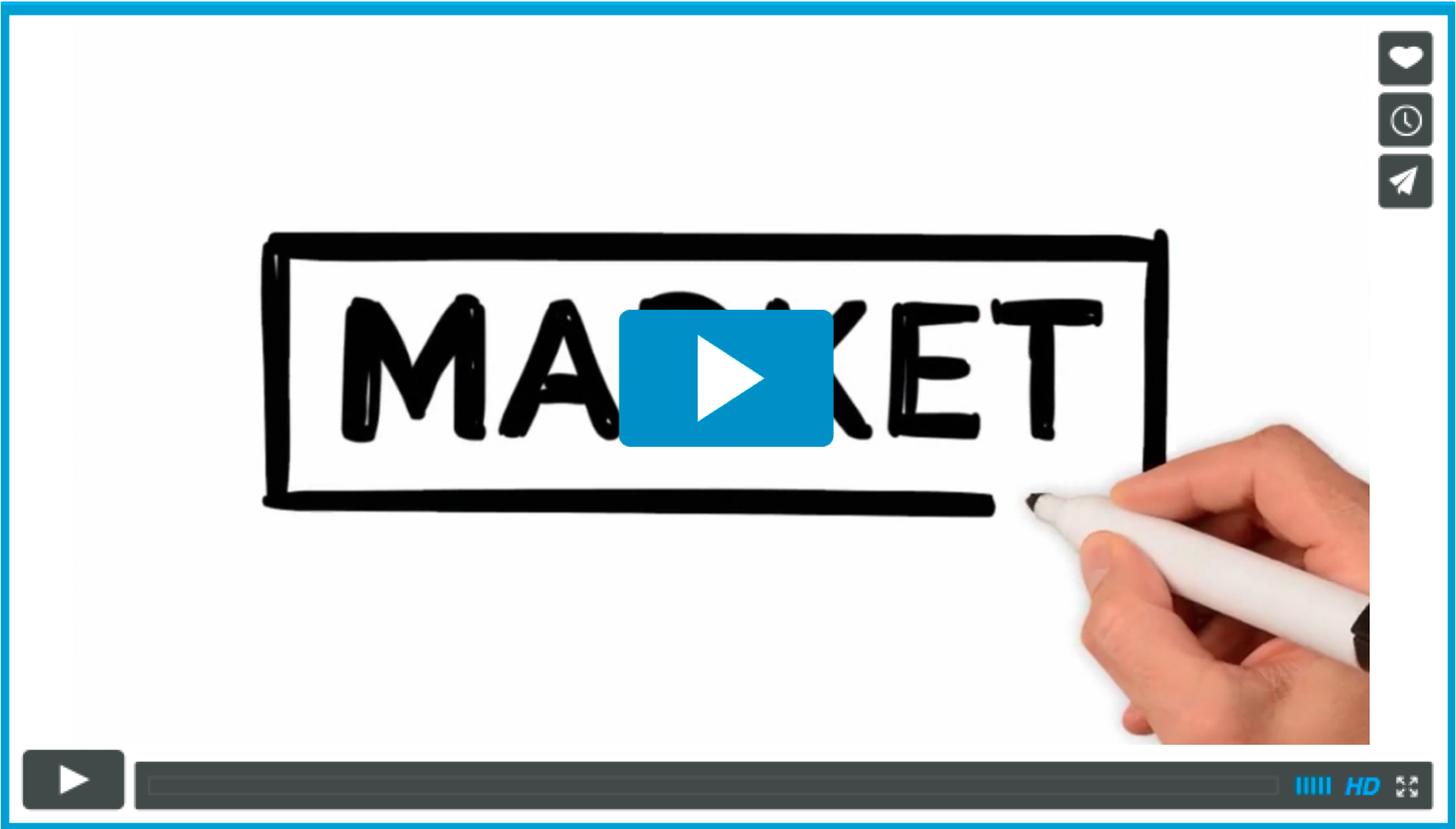In a previous post I mentioned that there was a significant benefit of One to One Communications – that is if you use it properly and add value to the customer. In that post I praised Vodafone for their direct comms and keeping me as a customer and increasing my revenue (ARPU: Average Revenue Per User)
It was nice to see for completeness that Vodafone have also given us another case study.
This time they have got it 100% wrong… ..
I recently just upgraded my phone and therefore have been flagged for additional contact or put back in the lifecycle program and received the attached direct mail. The problem is that the data set they were using was incorrect therefore I am left feeling disappointed
Apparently: Hello , you’re all set for awesome: This is the final step to becoming more awesome. Now that you’re all set up, we’d like to let you know about how you can get access to special Vodafone deals that will help you connect with everyone and everything.
There are three offers attached and the problem is I already have two of the offers and can’t access the third. Therefore what should have been a feel good, you are a valuable customer message actually leaves me feeling flat.
Lets have a look at the offers
Offer 1: Connect your family to unlimited talk and Txt’s for $29 – I have already done this in store when I was completing my upgrade. Not only that as it was on promotion I only paid $19 per month, therefore this is a day late and dollar short (well $10’s)
Offer 2: Have it your way and you can save $10 per month – if you are on account and buy broadband you get a $10 discount – I already to this and have been doing it for the last 5 years.
Offer 3: If you have Ultra Fast Broadband in your area I can get Vodafone TV – as I am on-account Vodafone knows where I live and knows that Ultra Fast Broadband is not available in my area, therefore this offer is of no benefit to me
Key Takeaway: Lifecycle management and trigger based campaigns are great however they are only as good as the data that feeds them. As a result you can take what is supposed to be a positive interaction or message and end up leaving the customer flat if the data is wrong. Before you implement these make sure the inputs are vigorously tested.
Remember to ask the question: “What do we want the customer to think, feel and do after this contact” I suspect my response isn’t the intended one…






